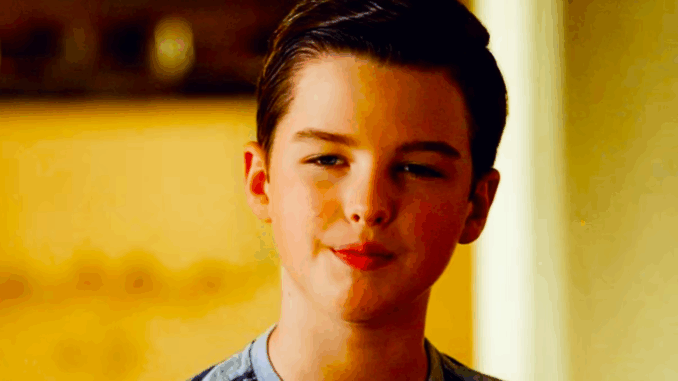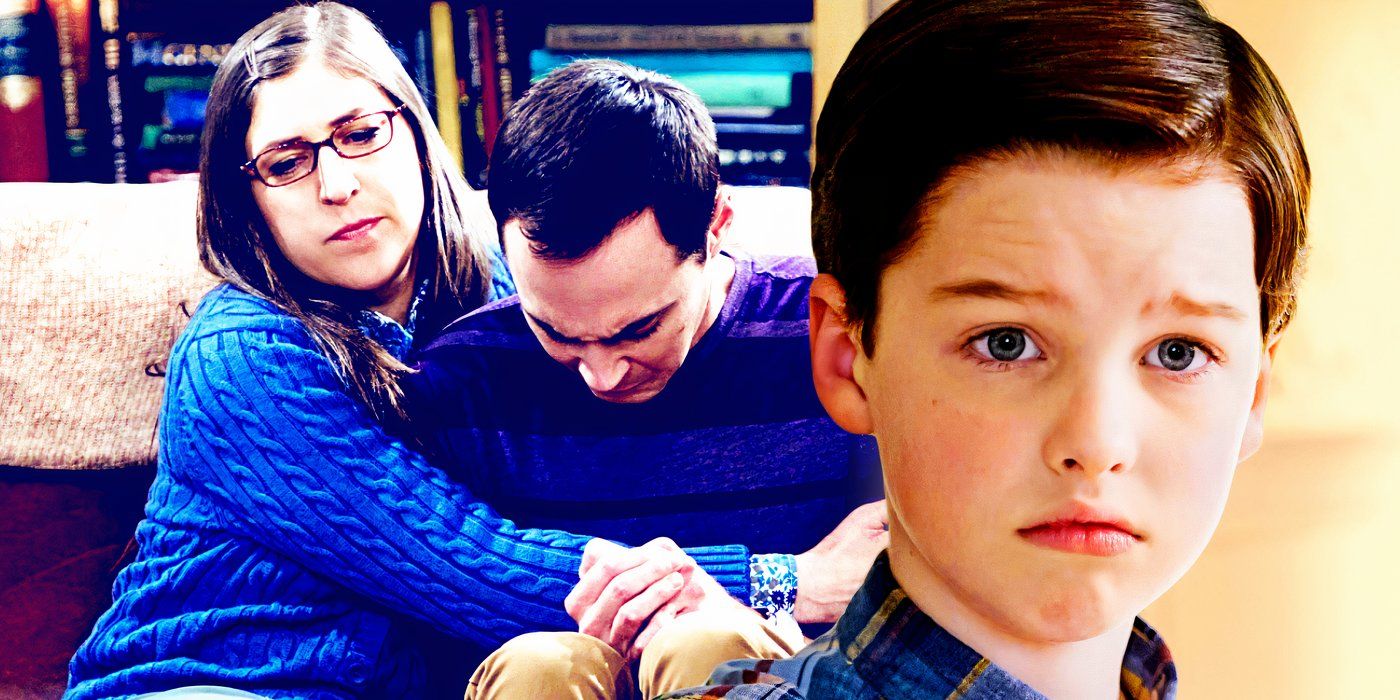
When The Big Bang Theory premiered in 2007, few could have predicted that a quirky physicist with a lack of social skills and a love for “Fun with Flags” would become one of the most iconic television characters of the 21st century. Sheldon Cooper, portrayed by Jim Parsons, wasn’t just a character — he was a phenomenon. But the true genius behind the role isn’t fictional. It’s Jim Parsons himself, whose performance redefined what it meant to be a sitcom star and quietly reshaped the landscape of television.
Becoming Sheldon: A Role Like No Other
Jim Parsons wasn’t an overnight success. Before landing the role of Sheldon, he had appeared in commercials, theater productions, and a few indie films. But it was The Big Bang Theory that offered him the kind of role every actor dreams of — one that would demand total immersion, intellectual nuance, and comedic precision.
The challenge? Sheldon wasn’t just eccentric — he was complex. A theoretical physicist with a towering IQ, no understanding of sarcasm, and an uncompromising attachment to his routines, Sheldon could easily have been a caricature. But in Parsons’ hands, he became deeply human.
In interviews, Parsons revealed he never tried to understand the science; instead, he focused on understanding Sheldon’s emotional logic. Why would he cling to a particular seat on the couch? Why would he make his friends sign roommate agreements? To Sheldon, these behaviors weren’t quirks — they were mechanisms of control in a chaotic world.
Mastering the Monologue
One of the things that made Jim Parsons’ performance stand out was his flawless delivery of dense, scientific monologues. These weren’t just long lines — they were packed with real scientific jargon, much of it confirmed by physicist consultants.
“Memorization became a workout,” Parsons once admitted. “I had to approach it like learning music. There was a rhythm to it.”
Fans may remember the way Sheldon would rattle off theories of quantum mechanics or string theory without missing a beat. Behind every scene was hours of preparation. Behind every laugh, a masterclass in timing.
A Reluctant Star and an Iconic Exit

Despite his incredible success — winning four Emmy Awards for the role — Jim Parsons shocked fans in 2018 by announcing he would not return for a 13th season. It was a personal decision that ultimately led to the series’ conclusion after 12 successful seasons.
Parsons explained he simply felt it was time to move on. “I had this moment of clarity,” he said. “I realized I’d done everything I could with the character. I didn’t want to keep doing it just because I could.”
Though some fans were heartbroken, his honesty was respected. In many ways, it made Sheldon’s ending more meaningful. Rather than dragging on past its prime, the series concluded with one of its most satisfying arcs — Sheldon winning the Nobel Prize and finally acknowledging his love for his friends.
The Post-Big Bang Chapter
After The Big Bang Theory, Jim Parsons didn’t disappear. He transitioned seamlessly into producing, voice acting, and taking on dramatic roles. His work in Hollywood (Netflix) and The Boys in the Band showed a deeper, darker range — one far removed from Sheldon.
Parsons also served as narrator and executive producer of Young Sheldon, a spinoff that further expanded the Cooper universe. His influence on the series continues to this day.
A Legacy That Resonates
Sheldon Cooper wasn’t designed to be a cultural icon. He wasn’t made to sell T-shirts or inspire memes — and yet he did. Millions of people related to his struggle to connect, his search for logic in an illogical world, and his devotion to his passions.
But more than that, Jim Parsons’ portrayal made intelligence cool. In an era where TV heroes were often athletic or rebellious, Sheldon Cooper showed that intellect and integrity could be just as powerful.
His legacy? A generation of viewers who saw themselves reflected in Sheldon’s quirks — and were proud of it.
Conclusion
Jim Parsons may have walked away from The Big Bang Theory, but his impact remains. Not just in reruns or pop culture references, but in the way television embraces the different, the brilliant, and the socially awkward.
Because of Jim Parsons, Sheldon Cooper didn’t just change TV — he gave it a higher IQ.